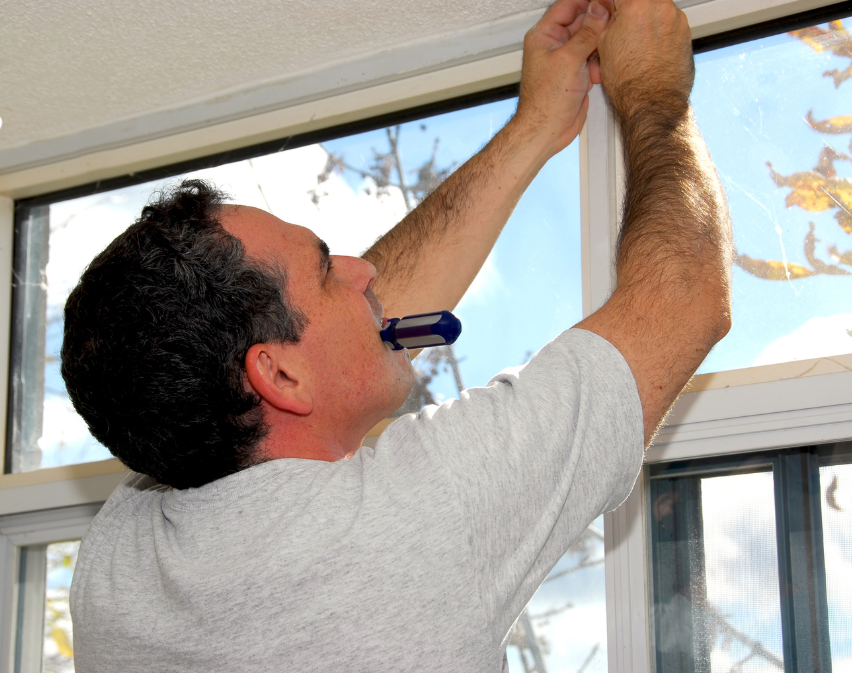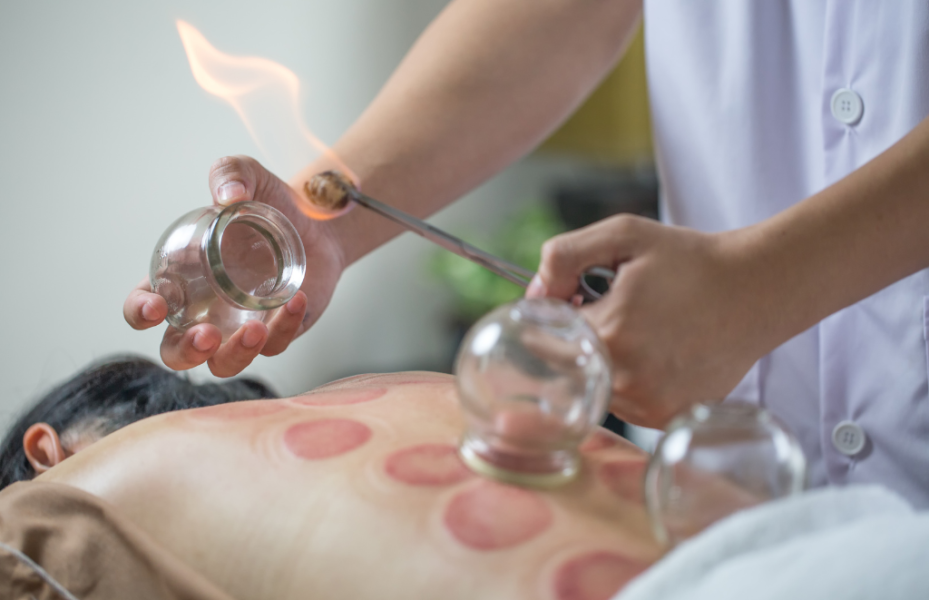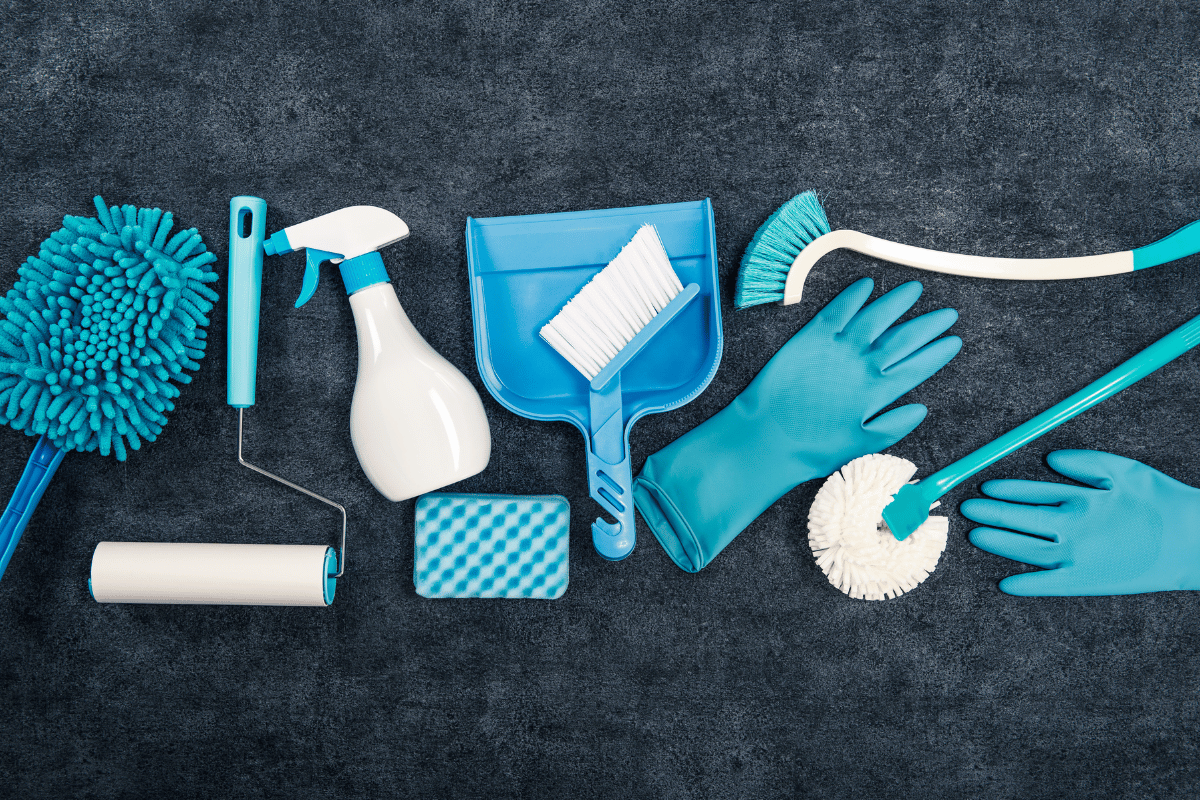Handyman
Mastering Pliers: The Ultimate Guide to Choosing, Using, and Maximizing the Potential of this Essential Tool
When it comes to DIY projects, having the right tools is essential, and one tool that stands out in versatility and usefulness is the pliers. From gripping and bending to cutting and stripping, pliers can tackle a wide range of tasks with precision and efficiency. In this ultimate guide, we will explore the world of pliers, helping you choose the right ones for your projects, master essential techniques, and unleash the full potential of this indispensable tool.
Types of Plier
Pliers come in various types, each designed for specific tasks. Understanding the distinctions will enable you to select the most suitable tool for the job at hand.
Slip-Joint
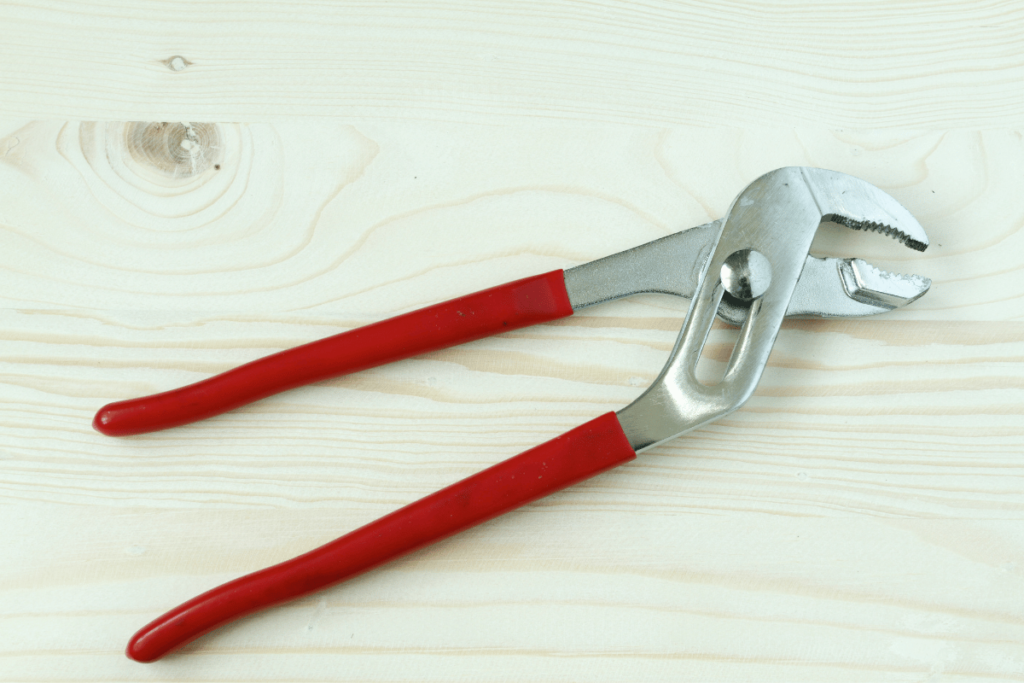
Slip-joint pliers are the most common and versatile. They feature an adjustable pivot point, allowing you to switch between different jaw openings. These hand tools are ideal for gripping and holding objects of various sizes.
Needle-Nose
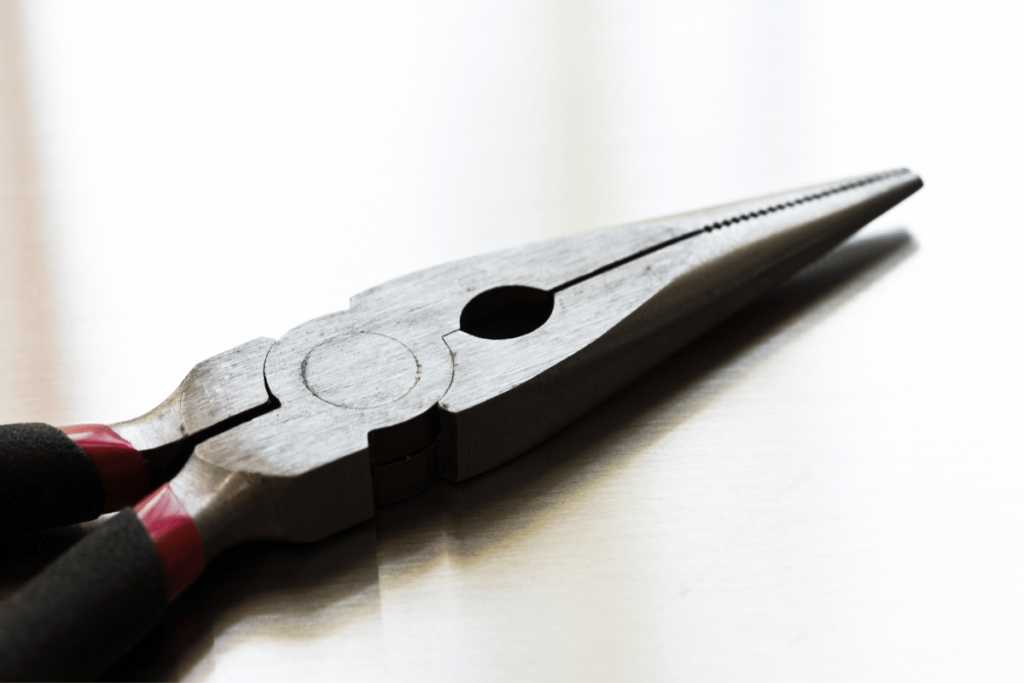
Needle-nose pliers have long, narrow jaws that taper to a point, making them perfect for reaching tight spaces and performing delicate tasks. They are commonly used in electronics, jewellery making, and intricate repairs.
Locking
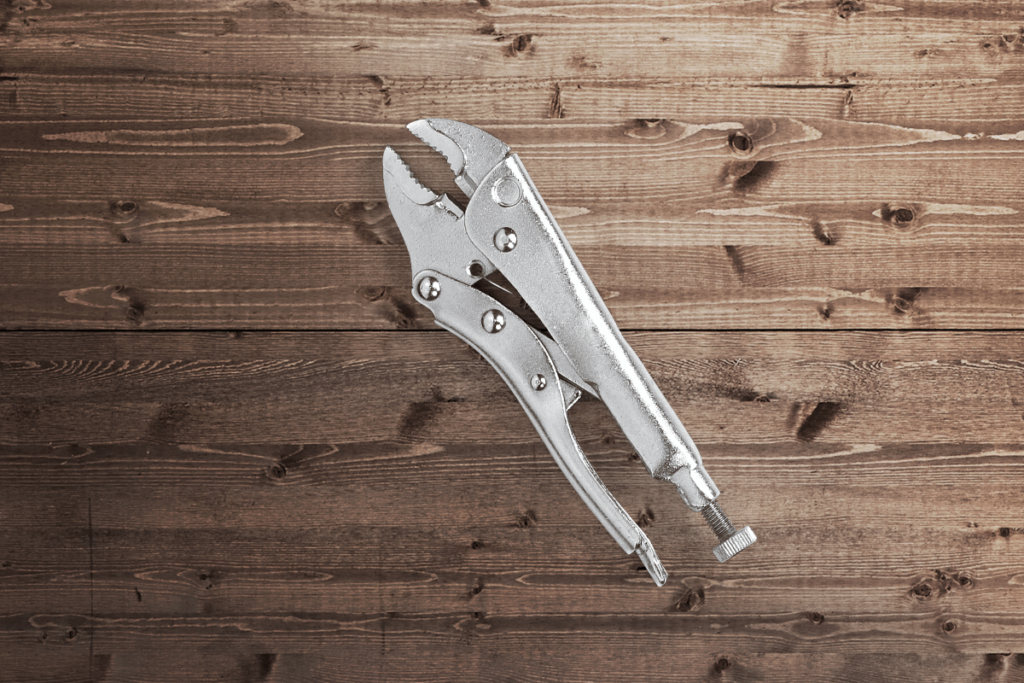
Locking pliers, often known by the brand name Vise-Grips, feature a locking mechanism that firmly clamps onto items, ideal for when a secure hold is necessary, such as when working with stubborn nuts and bolts.
Cutting
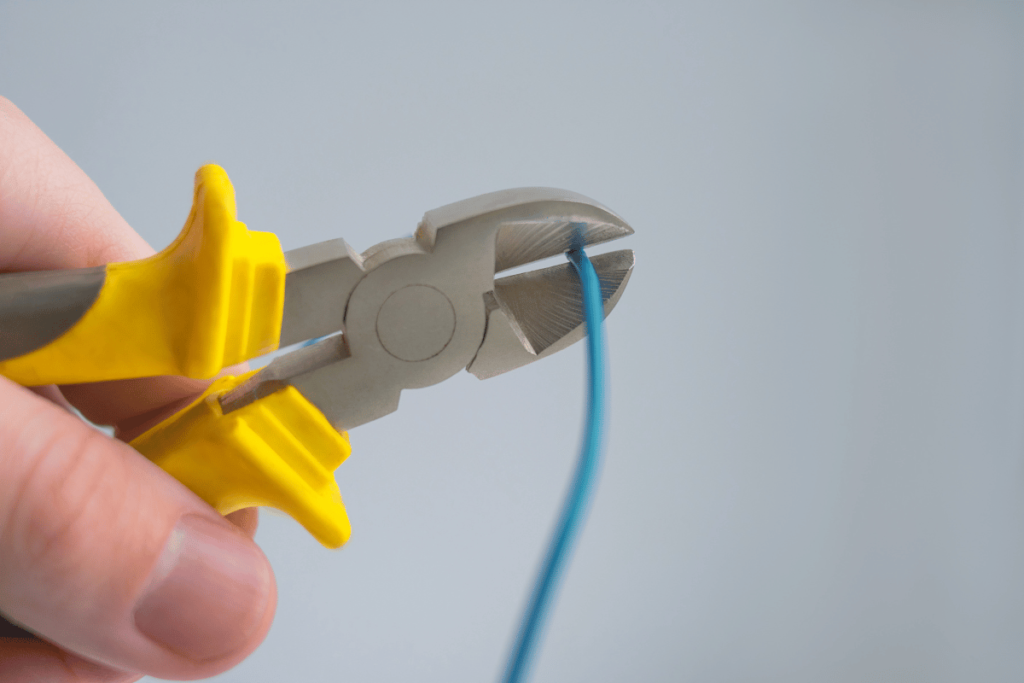
Cutting pliers, including side cutters and diagonal cutters, are designed specifically for cutting wires, cables, and other materials. They feature sharp jaws that can cleanly slice through various gauges of wire.
Wire Strippers
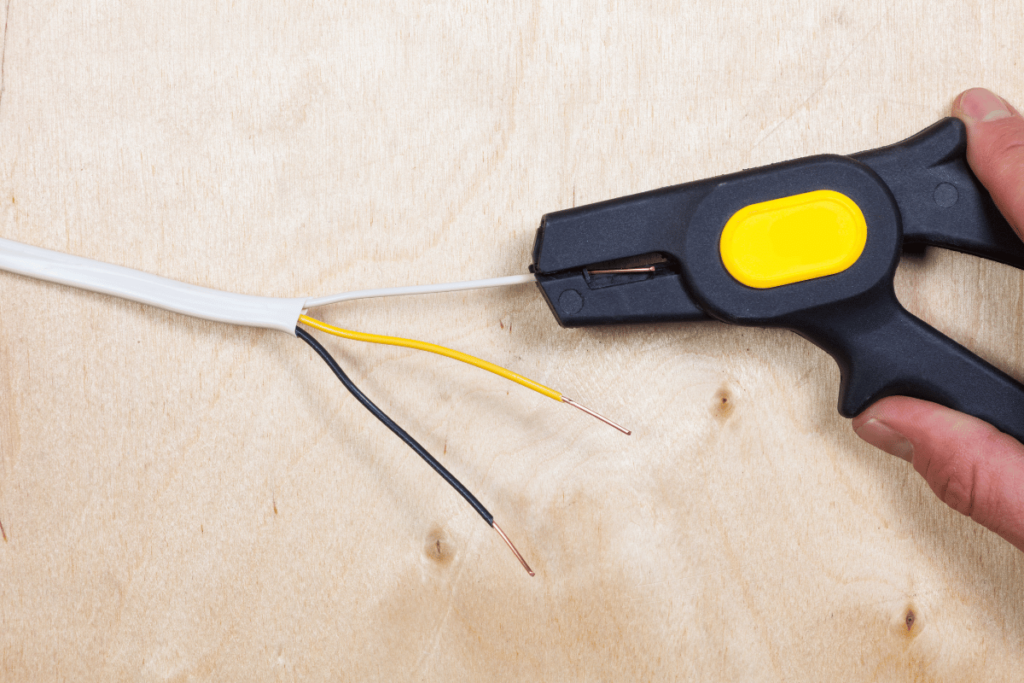
Wire strippers are specialized pliers used for removing insulation from electrical wires. They have notched jaws that allow you to grip the wire while stripping off the insulation, making electrical work safer and more efficient.
Choosing the Right Pliers
For the best performance and safety, it’s essential to choose the right hand tool for your task. Here are some factors to consider:
- Task at Hand: Different projects require different tools. Evaluate the job and choose the instrument that best fits the requirements.
- Material Quality: Select tools made from durable materials like high-grade steel for longevity and better performance.
- Handle Comfort: Ergonomic handles can prevent hand fatigue and offer better control, especially during extended use.
By taking these factors into account, you can build a well-rounded collection of pliers that caters to a wide range of applications.
Mastering Pliers Techniques
Using pliers effectively involves mastering essential techniques. Here are some key techniques to help you make the most of these hand tools:
Proper Gripping Techniques
When gripping objects, position the jaws of the pliers as close to the pivot point as possible. This maximizes the tool’s gripping power and reduces the risk of slippage. Adjust the jaw opening as needed to accommodate the object’s size.
Cutting and Stripping Wires
For clean wire cuts, position the wire as far back into the jaws as possible, near the pivot point. Apply even pressure and make a smooth, decisive cut. When stripping wires, use the appropriate section of the wire stripper jaws, ensuring not to damage the underlying conductor.
Bending and Shaping Metal
To bend or shape metal, use pliers with flat or round jaws, depending on the desired result. Grip the metal firmly and apply gradual pressure to achieve the desired angle or shape. For precise bends, consider using bending jigs or templates.
Removing Nails and Staples
Locking pliers are excellent tools for removing nails and staples. Grip the nail or staple firmly with the jaws and lock the pliers in place. Apply leverage to pull the object out without damaging the surrounding material.
Advanced Applications and Creative Projects
Pliers offer immense versatility beyond their basic applications. Here are some advanced uses and creative projects where it shines:
Jewellery Making
Pliers are indispensable for jewellery making tasks such as wire bending, jump ring opening/closing, and bead stringing. Their precise control and delicate grip make them essential tools for crafting stunning pieces.
Electronics Repair
When working on electronics, needle-nose pliers are invaluable for manipulating small components, gripping wires, and reaching into tight spaces. They enable you to handle intricate repairs with ease and precision.
Plumbing and Pipe Fitting
Pliers with adjustable jaws, such as slip-joint, are ideal for plumbing and pipe fitting tasks. From tightening connections to removing stubborn fittings, pliers provide the necessary grip and torque to get the job done.
Maintaining and Caring for Your Pliers
Proper maintenance ensures that your pliers remain in optimal condition and perform flawlessly. Consider the following tips to keep it top shape:
- Cleaning and Lubricating: Regularly clean your pliers with a soft cloth to remove dirt and debris. Apply a light coating of lubricant to the pivot point for smooth operation.
- Storage Tips: Store your hand tools in a dry location away from moisture and extreme temperatures. Consider using a tool roll or a dedicated toolbox to protect them from damage and maintain organization.
Troubleshooting Common Pliers Issues
Even the best pliers can encounter issues over time. Here are solutions to some common problems:
Sticky Joint
If your pliers have a sticky joint, apply a few drops of lubricating oil to the pivot point. Open and close it several times to distribute the lubricant evenly and restore smooth movement.
Worn-out Grips
If the grips on your pliers become worn or damaged, consider replacing them with new ones. Grips provide comfort and control, and worn-out grips may compromise your grip and make the tool less effective.
Misalignment
If your pliers become misaligned, carefully adjust the pivot point using tool designed for that purpose. This will ensure that the jaws meet properly and function optimally.
In conclusion, mastering the use of these essential hand tools is a game-changer for any DIY enthusiast. By carefully selecting the appropriate tool, practicing proper techniques, and venturing into their diverse applications, you’ll be prepared to tackle any project that comes your way. Keep your tools well-maintained, and they’ll be a mainstay in your toolkit for all your DIY endeavours. Ready to get hands-on?
FAQs
Q: Can I use slip-joint pliers for cutting wires?
A: Slip-joint are primarily designed for gripping and holding objects. While they can cut wires in a pinch, using dedicated cutting pliers will provide cleaner and more efficient cuts.
Q: Are needle-nose pliers suitable for heavy-duty tasks?
A: Needle-nose are best suited for delicate and precise work. For heavy-duty tasks, consider using pliers with larger jaws and stronger construction.
Q: How often should I lubricate my pliers?
A: It’s recommended to lubricate your pliers every few months or as needed. Regular lubrication helps maintain smooth operation and prevents rust.
Q: Can I use pliers as a substitute for a wrench?
A: While pliers can provide some gripping and turning ability, they are not a replacement for a proper wrench. For optimal torque and grip, use the appropriate wrench size for the job.
Q: What are some safety precautions when using pliers?
A: Ensure to wear safety goggles at all times to safeguard your eyes against any potential hazards from flying debris. Ensure a secure grip on the object to prevent slippage and potential injuries.
Hi, I’m Ankush. Based in Port Lincoln, South Australia, I hold a Bachelor of Science and a Bachelor of Education (Middle & Secondary) from the University of South Australia, graduating in 2008. With several years of experience as a high school and secondary teacher, I’ve combined my passion for technology and finance to drive innovation in the on-demand service industry. As the founder of Orderoo, I’m committed to leveraging technology to simplify everyday tasks and enhance accessibility to essential services across Australia. My focus remains on exploring new opportunities to expand and improve these solutions, ensuring they meet the evolving needs of users and service providers alike.






